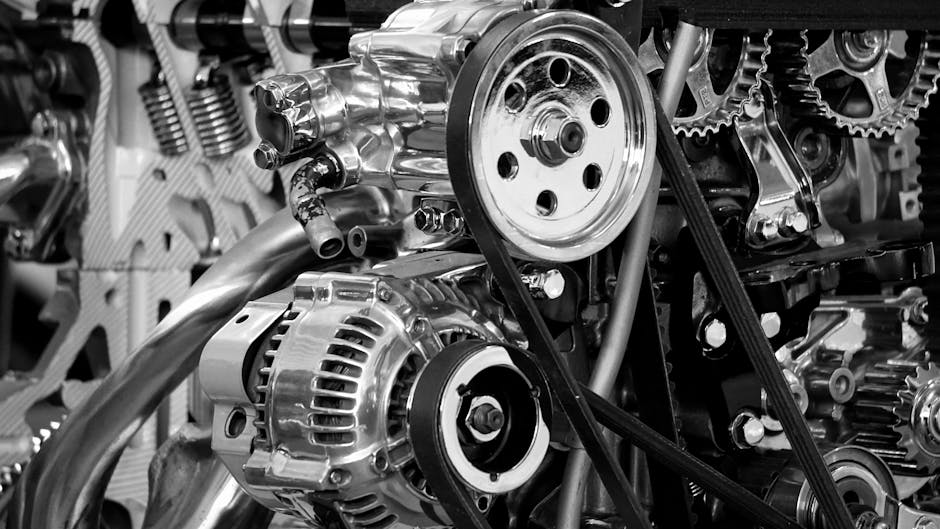 The Efficient and Effective Belt Press for Sale: A Comprehensive Guide
The Efficient and Effective Belt Press for Sale: A Comprehensive Guide
When it comes to wastewater treatment, belt presses are a popular choice for dewatering and thickening sludge. These machines are designed to efficiently remove excess water from the sludge, resulting in a more concentrated and manageable material. In this article, we will explore the benefits and features of belt presses for sale, as well as provide guidance on how to choose the right one for your specific needs.
What is a Belt Press?
A belt press, also known as a continuous belt filter press or a centrifugal belt press, is a type of mechanical dewatering device used in wastewater treatment plants. It consists of a series of rollers and a filter belt that moves through the machine, allowing the sludge to be pressed and dewatered. The belt press works by applying pressure to the sludge, which causes the water to be squeezed out, resulting in a more concentrated and easier-to-handle material.
Benefits of Belt Presses
There are several benefits to using a belt press for wastewater treatment. One of the main advantages is that it is a highly efficient and effective method for dewatering and thickening sludge. Belt presses can remove up to 95% of the water from the sludge, resulting in a more concentrated and manageable material. This can help to reduce the amount of space required for sludge storage and disposal, as well as minimize the need for additional treatment steps.
Another benefit of belt presses is that they are relatively low-maintenance and easy to operate. The machines are designed to be simple and intuitive, making it easy for operators to adjust and maintain the equipment. Additionally, belt presses are relatively quiet and produce minimal noise, making them a good choice for use in residential areas.
Types of Belt Presses
There are several types of belt presses available for sale, each with its own unique features and benefits. Some of the most common types of belt presses include:
1. Continuous Belt Filter Press: This type of belt press is designed for continuous operation and is ideal for large-scale wastewater treatment plants. It consists of a series of rollers and a filter belt that moves through the machine, allowing the sludge to be pressed and dewatered.
2. Centrifugal Belt Press: This type of belt press uses centrifugal force to dewater the sludge, resulting in a more concentrated and manageable material. It is ideal for use in small-scale wastewater treatment plants or for applications where space is limited.
3. Plate and Frame Belt Press: This type of belt press uses a series of plates and frames to apply pressure to the sludge, resulting in a more concentrated and manageable material. It is ideal for use in small-scale wastewater treatment plants or for applications where space is limited.
How to Choose the Right Belt Press
When choosing a belt press for sale, there are several factors to consider. Some of the most important factors include:
1. Capacity: The capacity of the belt press will depend on the size of the wastewater treatment plant and the amount of sludge that needs to be dewatered. It is important to choose a belt press that is capable of handling the volume of sludge that your plant produces.
2. Pressure: The pressure applied to the sludge will depend on the type of belt press and the desired level of dewatering. It is important to choose a belt press that is capable of applying the necessary pressure to achieve the desired level of dewatering.
3. Filter Belt: The filter belt is an important component of the belt press, as it is responsible for removing the water from the sludge. It is important to choose a belt press with a high-quality filter belt that is designed for use in wastewater treatment.
4. Maintenance: The maintenance requirements of the belt press will depend on the type of machine and the frequency of use. It is important to choose a belt press that is easy to maintain and requires minimal downtime for maintenance.
Conclusion
In conclusion, belt presses are a popular choice for wastewater treatment due to their efficiency and effectiveness in dewatering and thickening sludge. When choosing a belt press for sale, it is important to consider the capacity, pressure, filter belt, and maintenance requirements of the machine. By choosing the right belt press for your specific needs, you can ensure that your wastewater treatment plant is running efficiently and effectively.